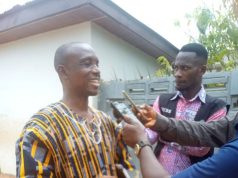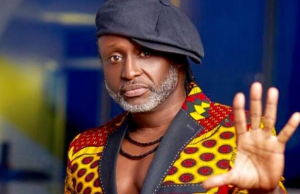By Prince Dankwa
The ongoing conversation about gender parity is not solely for women but for all marginalized groups to enjoy and access equal opportunities for development and well-being.
The Former Gender Minister was contributing to conversations on GTV Breakfast on the Affirmative Action Bill passed into Law.
“The ongoing dialogue highlights the necessity for a sustained advocacy and cultural shifts to dismantle these barriers”.
As Ghana progresses, the conversation serves as a reminder of both achievements and the ongoing effort required to build an equitable society for all its citizens.
The Former Minister for Gender highlighted both progress and persistent challenges, with the Affirmative Action Bill.
Since the early 1990s, Ghana has made strides in gender representation, yet the journey remains fraught with obstacles. The roots of affirmative action in the country date back to 1960, when Dr. Kwame Nkrumah introduced Africa’s first legislative effort to boost women’s participation in Parliament. Despite initial resistance, this pioneering move laid the groundwork for addressing gender imbalances.
Today, women, youth, and persons with disabilities still face underrepresentation in decision-making roles, despite constitutional protections and legislative measures like the Domestic Violence Act. Contributing factors include the first-past-the-post electoral system and cultural norms that continue to disadvantage women.
Educational reforms, such as the affirmative action policies in tertiary institutions, aim to increase female enrollment, but societal expectations remain a barrier.
Madam Nana stressed that true gender equity requires inclusive representation for all marginalized groups.
















